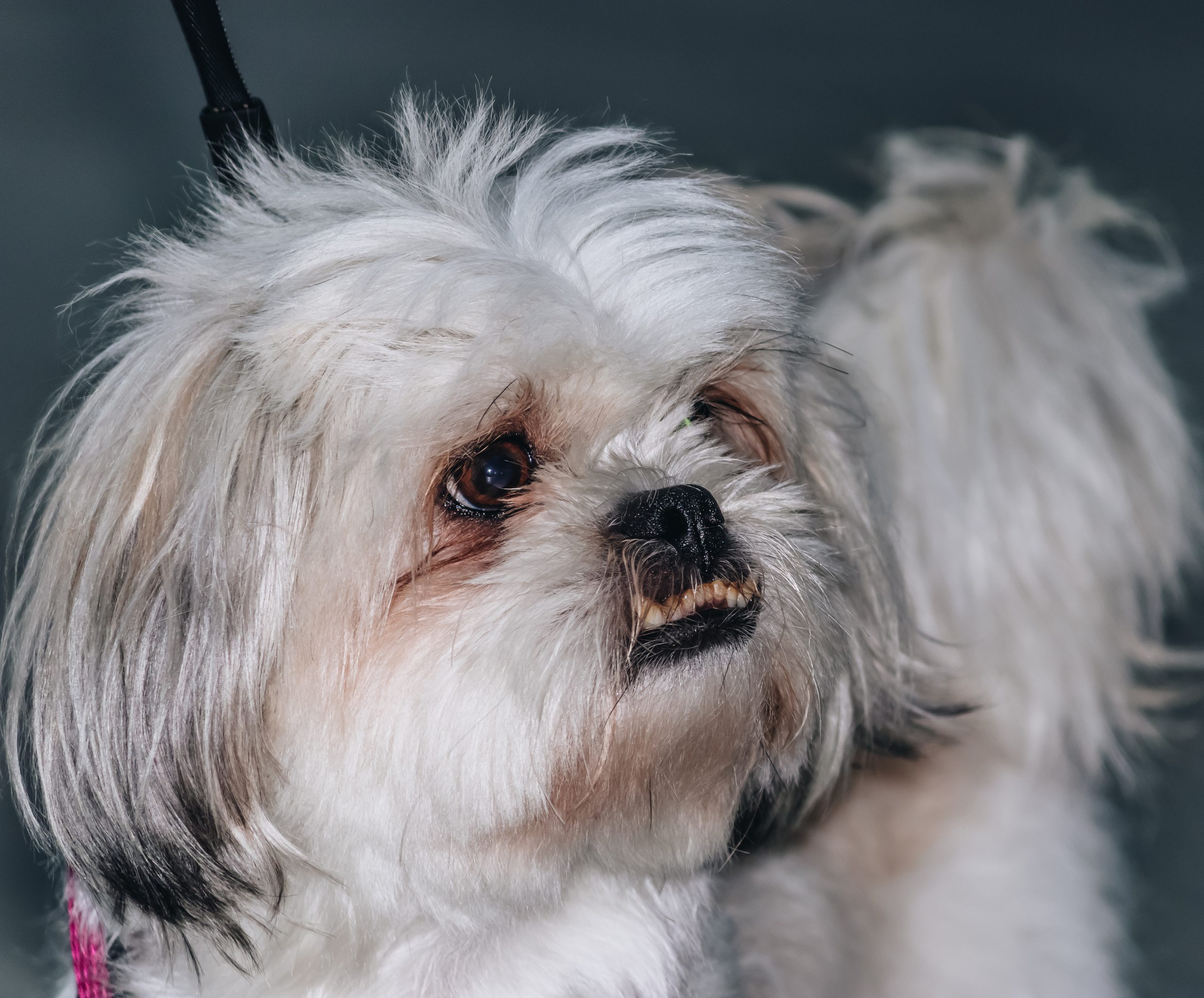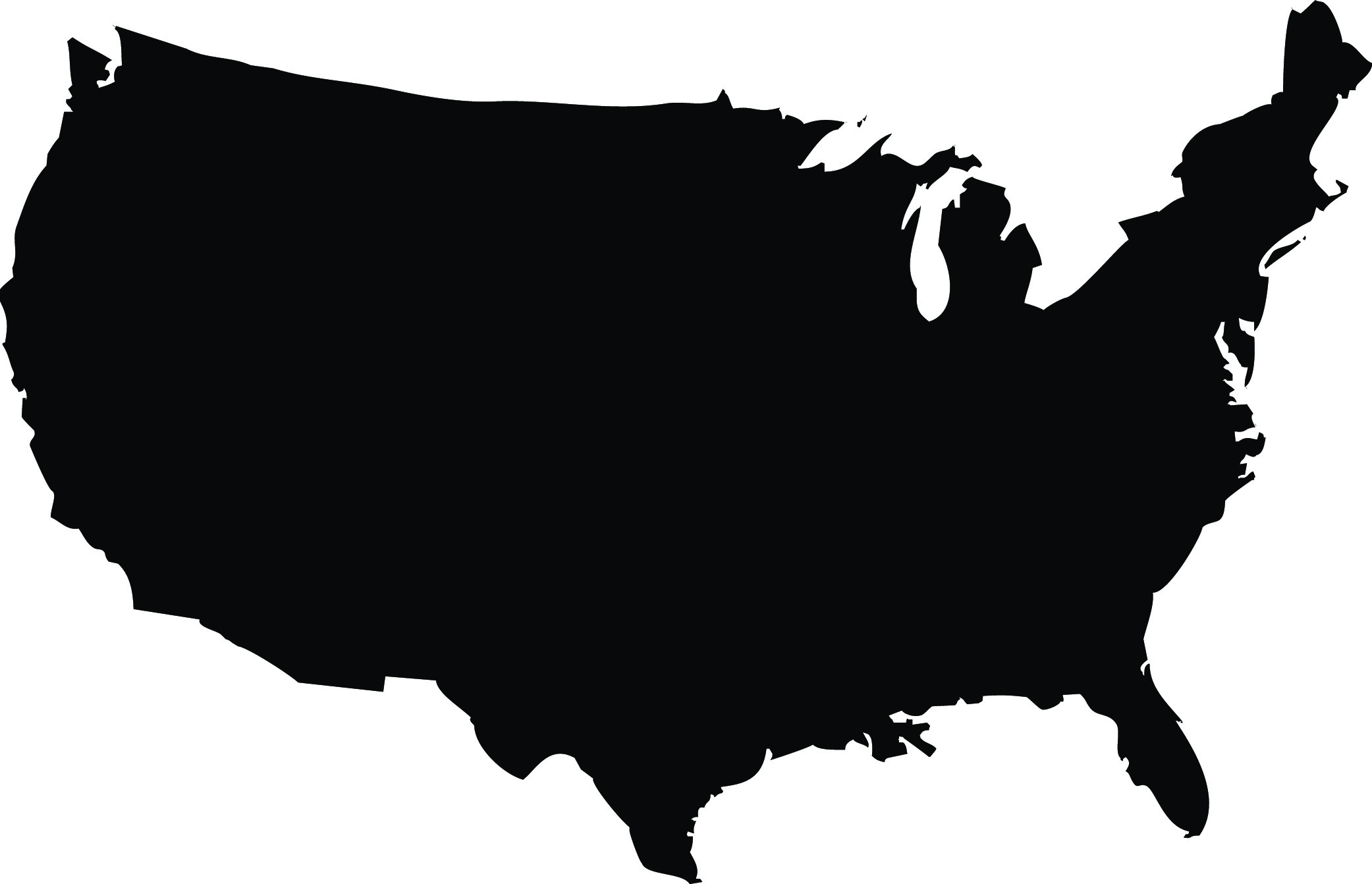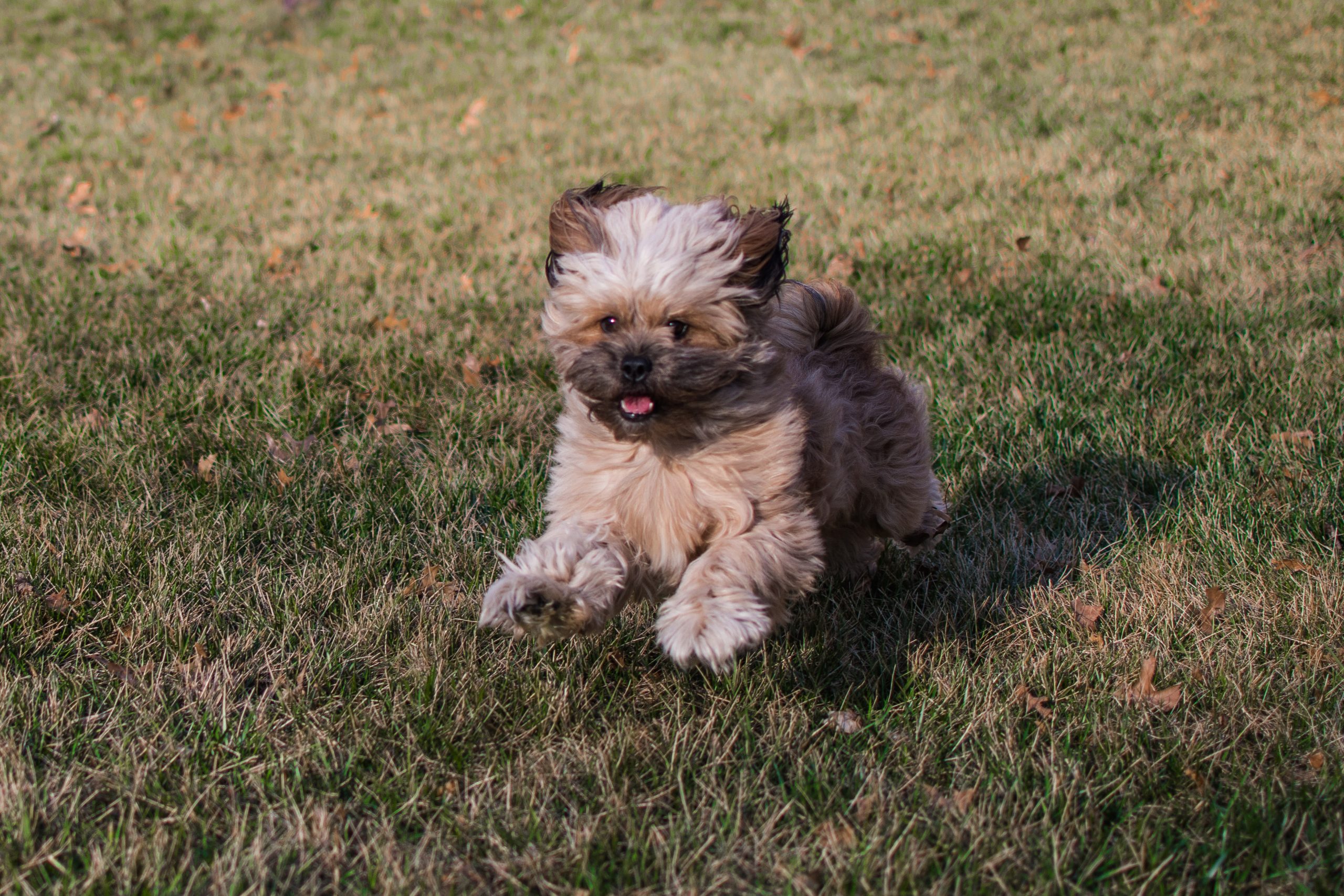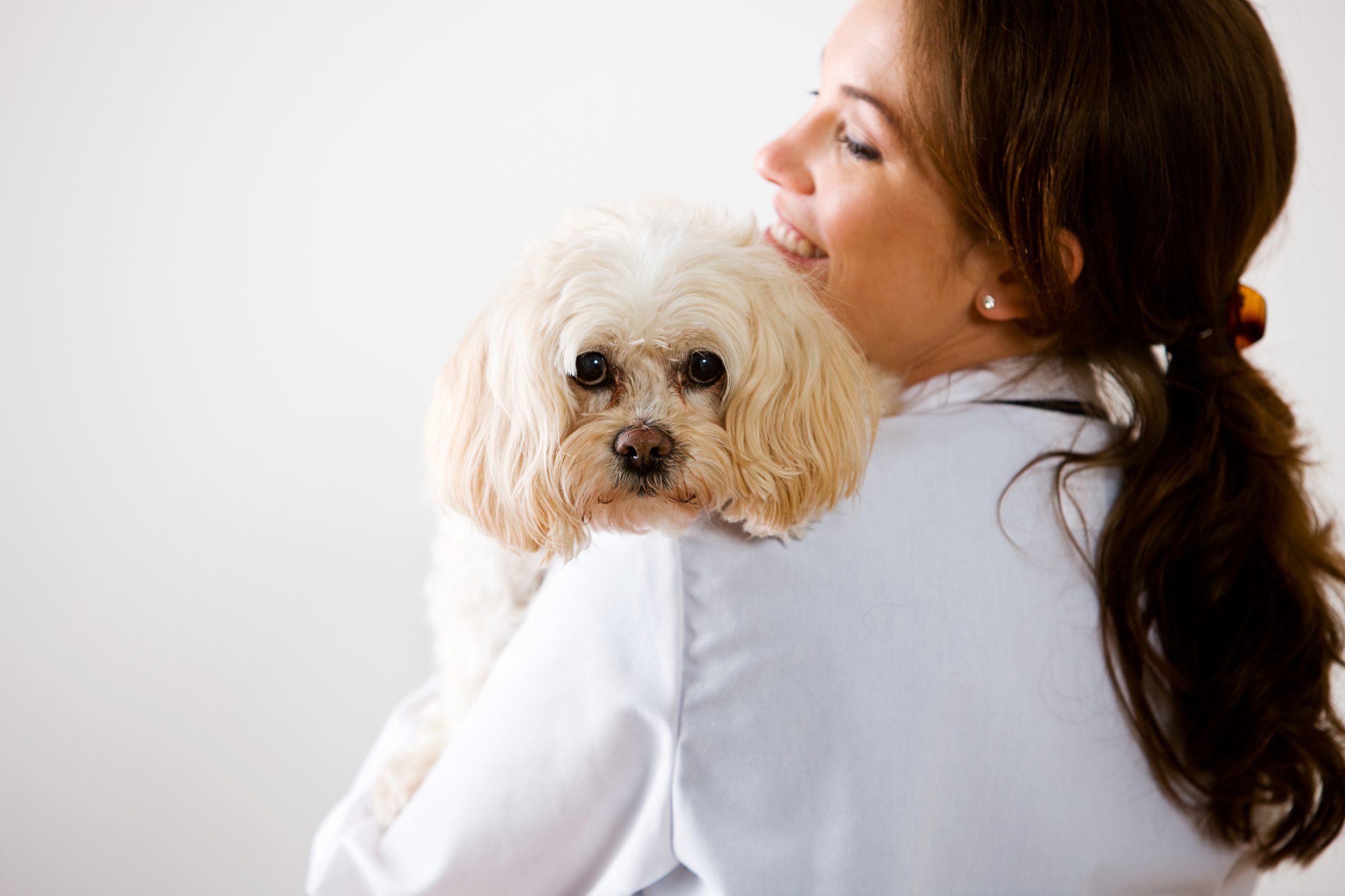Peke-a-Poo
No products found which match your selection.
Shelter Dog Meal Donation Count:
No products found which match your selection.
The Peke-a-Poo is a delightful hybrid breed that combines the best traits of the Pekingese and Poodle, resulting in a small, intelligent, and affectionate companion suitable for a variety of households. Their hypoallergenic coat makes them a great option for allergy sufferers, but potential owners should be mindful of their moderate exercise needs and potential health issues. With proper care, socialization, and love, a Peke-a-Poo can make a joyful and loving addition to any family.
The Peke-a-Poo’s coat can be curly or straight, and its grooming needs are moderate to high. Regular brushing is required to prevent matting, and professional grooming is recommended every few months.

The Peke-a-Poo emerged in the United States during the 1950s or 1960s during the initial wave of designer dog popularity. They were bred to combine the hypoallergenic coat of the Poodle with the temperament of the Pekingese.




While generally healthy, they can inherit issues common to Pekingese and Poodles, such as respiratory and eye problems. Regular veterinary check-ups are essential.
Their coat requires regular brushing to prevent tangles and matting. Bathing should be done monthly, and ear cleaning is vital to prevent infections.
They need daily walks and playtime. Despite their small size, they enjoy activities and are good companions for short hikes.
Intelligent and eager to please, they respond well to positive reinforcement techniques. Consistency is key in training.
A balanced diet suitable for small breeds is recommended. Portion control is important to prevent obesity.
In conclusion, the Peke-a-Poo is a loving, adaptable, and fun companion, ideal for various households. Their intelligence and affectionate nature make them a joy to train and live with, while their moderate exercise needs make them suitable for both active and more relaxed lifestyles. A Peke-a-Poo can be a delightful addition to any home with proper care.
Peke-a-Poos, like all breeds, have certain health issues that they are predisposed to. It's important to be aware of these potential problems and the recommended tests to maintain their health. Here's an overview:
Understanding these common health issues and adhering to a schedule of recommended tests and preventative care can help ensure that your Peke-a-Poo lives a long, healthy, and happy life. Always consult with a veterinarian for personalized advice and care for your pet.
The iHeartDogs Free Rx Discount Card Program is a pet prescription discount card that can help you save money on your furry friend’s medications. The card is free to sign up for, and you can use it at participating pharmacies nationwide. To use the free program, simply show the card to your pharmacist when you pick up your pet’s prescription. The pharmacist will then scan the card, and you will receive a discount on the price of the medication.LEARN MORE
Caring for a Peke-a-Poo, like any dog, involves various expenses that can add up over a year. The annual cost can vary depending on factors such as your location, the dog’s health, and the level of care you choose to provide. Here’s a breakdown of the typical expenses:
Total Estimated Annual Cost:
$2200 - $5800
It's important to note that these figures are estimates and can vary. Also, the first year of owning a dog can be more expensive due to one-time costs like spaying/neutering, initial vaccinations, and training. Regular budgeting for your dog's needs and an emergency fund for unforeseen costs are essential for responsible pet ownership.